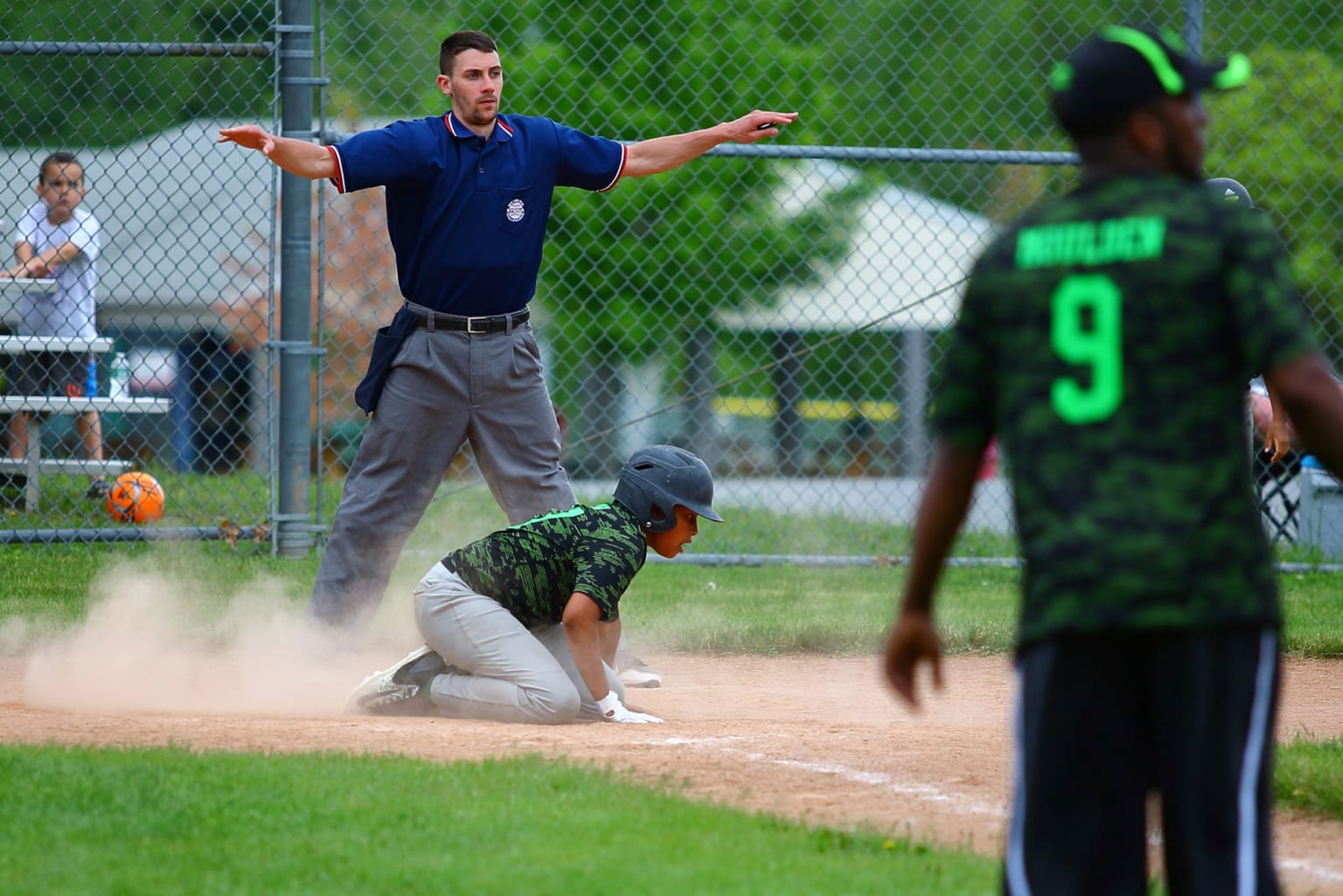Game Control vs. General In Charge

The umpire is fundamental to the games of baseball and softball. But, how the umpire presents himself or herself will go a long way in determining how coaches, players, and fans perceive and regard the entire crew. Imperative to an umpire is punctuality at the site, appearance on the field, demeanor towards players and coaches, and hustle and positioning on each call.
Umpires should always be early for their games. Managers and coaches develop opinions of the umpire based on all of these factors, particularly punctuality and appearance. Shined shoes, believe it or not, go a long way in how you are perceived. It’s a little thing, but, immeasurable in creating your persona.
Remember, managers and coaches have a vested interest in the ruling. You, on the other hand, are only interested in getting it right.
Starting the game on time, without rushing the teams, comes from being early for the game, disposing of the pregame discussions in an orderly and concise manner, and giving each team adequate time to warm up without overly delaying the playing of the game. Pregame discussions at home plate should never be mini-clinics. Accomplish what is necessary – the exchange of lineups and discussion of particular or peculiar ground rules. While making good eye-contact and exchanging handshakes, wish each Manager “good luck” and then play ball.
Know your catchers names. It builds their confidence as you work with them during the game. It also shows respect for them and they, in turn, will show respect for you. Don’t forget, they are the only thing between you and the 70-mile-an-hour fastball. Be helpful and friendly, but don’t chase the errant pitch for them. Someday, you just may chase the ball to the screen while someone is trying to score from third.
Positioning is most important. The call can be so much easier if you are at the proper angle from the throw to the base, and you are not moving while the ball, fielder, and runner are approaching the decision point. Emphasis on calls is also extremely important. There is no need to shout out or “Hollywood” a play where the runner is obviously out. What are we going to have left when we do have the bang-bang play? Remember, perception is reality. Grandma sitting in the bleacher knows the grandson or daughter was out by a mile, but she doesn’t have a clue on the close one. That’s when you have to convince her that you were right.
The first line of the rulebook states that baseball or softball is a game between two teams. There is a third team out there: the umpires. If you forget this, it’s going to be a long game. Work as a team, taking the calls that are yours, looking for help when needed.
Remember, you make the call and change it, if necessary, after consulting with your partner or partners.
The purpose is to get the call correct, but if you are sure, your call stands. Unless you need help, don’t seek it, and if you have not made the call, do not interfere unless particularly asked by your partner.
Every call that is changed leaves you open for many more to follow. “You didn’t get the last one right, Blue, what makes you think this one is any different.” Ever heard that one?
Discussions with managers and coaches can be particularly trying. Our natural instinct when confronted with a question is to retaliate. This is when we are most vulnerable. Remember, take a deep breath, listen to the argument, evaluate its content and decide its validity. Calmness on your part can eliminate many confrontations. Remember, managers and coaches have a vested interest in the ruling. You, on the other hand, are only interested in getting it right. Use all tools in your arsenal to see that this happens, but never lower yourself to a confrontation.
Always keep in mind, we are dealing with children. How they perceive our actions will go a long way in determining how they perceive the game, umpiring and the rigors of everyday life. Smile and enjoy yourself.